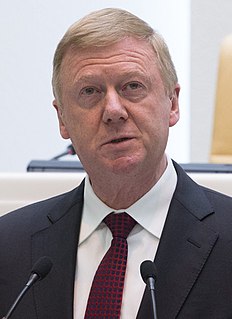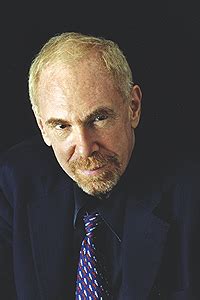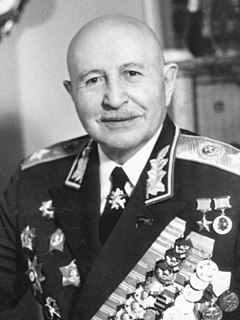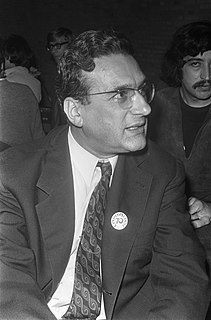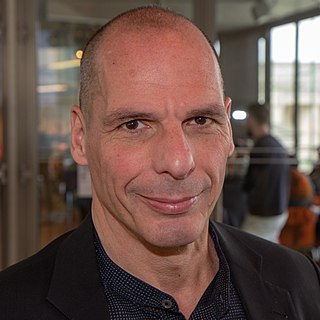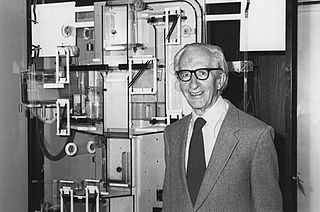A Quote by Roger Scruton
The Marxist theory of ideology is extremely contentious, not least because it is tied to socio-economic hypotheses that are no longer believable.
Related Quotes
The silence of the Left, or the exclusive focus of the Left, on America's alleged crimes over the past half-century, the disdainful sneering at America's deplorable 'Cold War mentality' - none of this has to be reassessed in light of the evidence of genocides that surpassed Hitler's, all in the name of a Marxist ideology. An ideology that doesn't need to be reassessed. As if it was maybe just an accident that Marxist-Leninist regimes turned totalitarian and genocidal. No connection there.
Liberalism makes this mistake in regard to private property and Marxism makes it in regard to socialized property... The Marxist illusion is partly derived from a romantic conception of human nature... It assumes that the socialization of property will eliminate human egotism... The development of a managerial class in Russia, combing economic with political power, is an historic refutation of the Marxist theory.
There are many hypotheses in physics of almost comparable brillance and elegance that have been rejected because they did not survive such a confrontation with experiment. In my view, the human condition would be greatly improved if such confrontations and willingness to reject hypotheses were a regular part of our social, political, economic, religious and cultural lives.
Another thing I think should be avoided is extremely intense ideology because it cabbages up one's mind. You see it a lot with T.V. preachers (many have minds made of cabbage) but it can also happen with political ideology. When you're young it's easy to drift into loyalties and when you announce that you're a loyal member and you start shouting the orthodox ideology out, what you're doing is pounding it in, pounding it in, and you're gradually ruining your mind. So you want to be very, very careful of this ideology. It's a big danger.
Unlike physics, for example, such parts of the bare bones of economic theory as are expressible in mathematical form are extremely easy compared with the economic interpretation of the complex and incompletely known facts of experience, and lead one a very little way towards establishing useful results.
We have won on the Arlov, Kursk, Belgorod, and Kharkov grounds. We won because the country was being defended not only by the army but by the entire Soviet people. The Socialist economy, Soviet political structure, and Marxist-Leninist ideology proved their unarguable excellence against the Fascist economy, Fascist political structure, and Fascist ideology of Germany.

